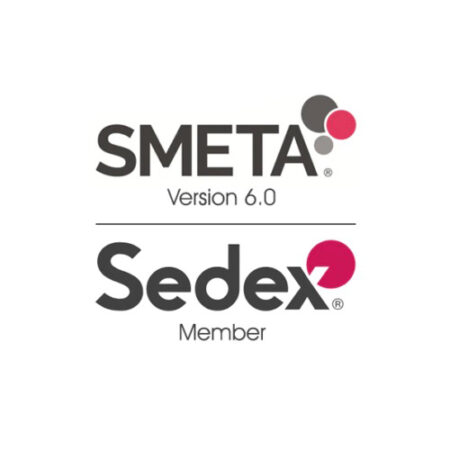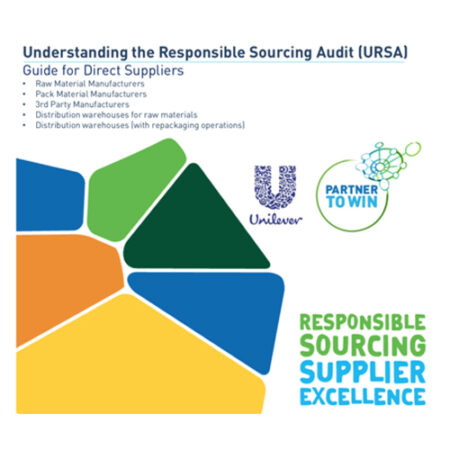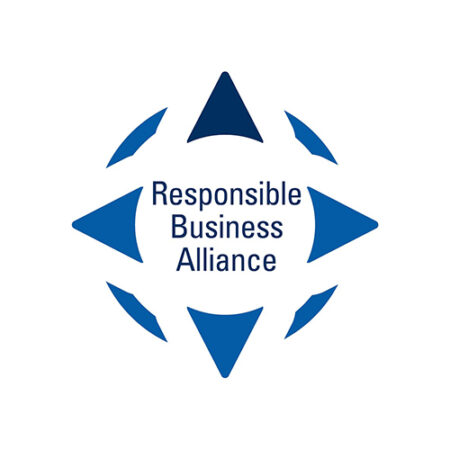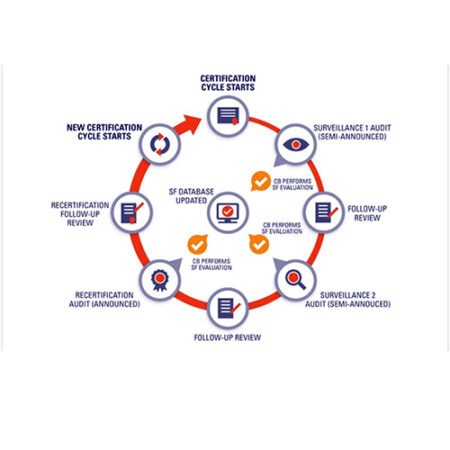ISO 26000:2010
ISO 26000:2010 was published in 2010 by the International Organization for Standardization. It goes to establish the principles and guidelines for social responsibility for the organization. It lays out a framework for different organizations to start operating in a more socially responsible fashion. This certification makes it clear to any stakeholder that the organization acts ethically, transparently, and in a socially responsible way.
Sustainable development is based on three factors – economic, social and environmental. ISO 26000 recommends standards that help an organization create social welfare. With the mounting public pressure on businesses to go sustainable, with sustainable business practices this standardization helps give a roadmap for achieving the same for businesses. This standard stands at the juncture of eco-friendly practices and socially responsible operations.

Any organization that wants to establish sustainable practices needs to keep in mind 7 concepts, all of which are key elements to the ISO 26000 standard:
The Seven Key Principles, advocated as the roots of socially responsible behavior, are:
The standard lays out several sub-topics to all the aforementioned sections and gives guidelines for the best practices therein. Over and above this, there are a number of benefits to be reaped from implementing this standard in an organization, business or company.
Any and every organization in the public, private or not-for-profit sectors, be they small or large in and developed or developing countries, the use of ISO 26000 is recommended. The core topics covered in social responsibility and sustainability are relevant to almost every organization in this day and age.
Considering the sheer scope of topics covered under this standard this particular standard can help you establish a positive dialogue with your stakeholders.
Related Services

SMETA 6.1
SMETA 6.1

URSA
URSA

WRAP
WRAP

RBA
RBA


